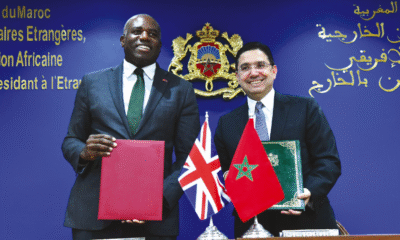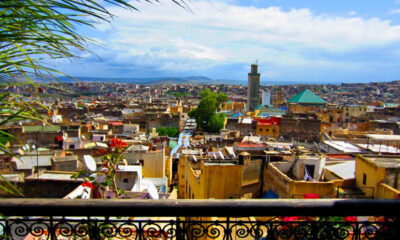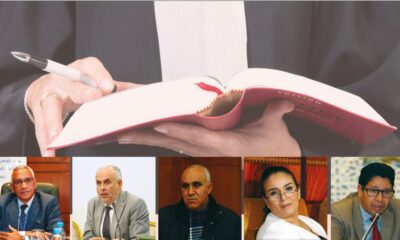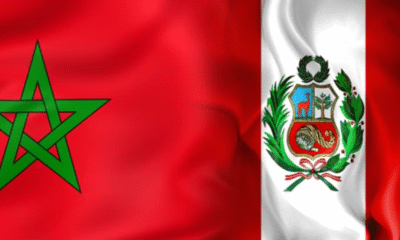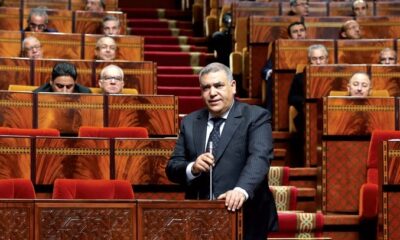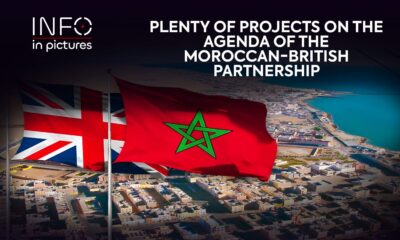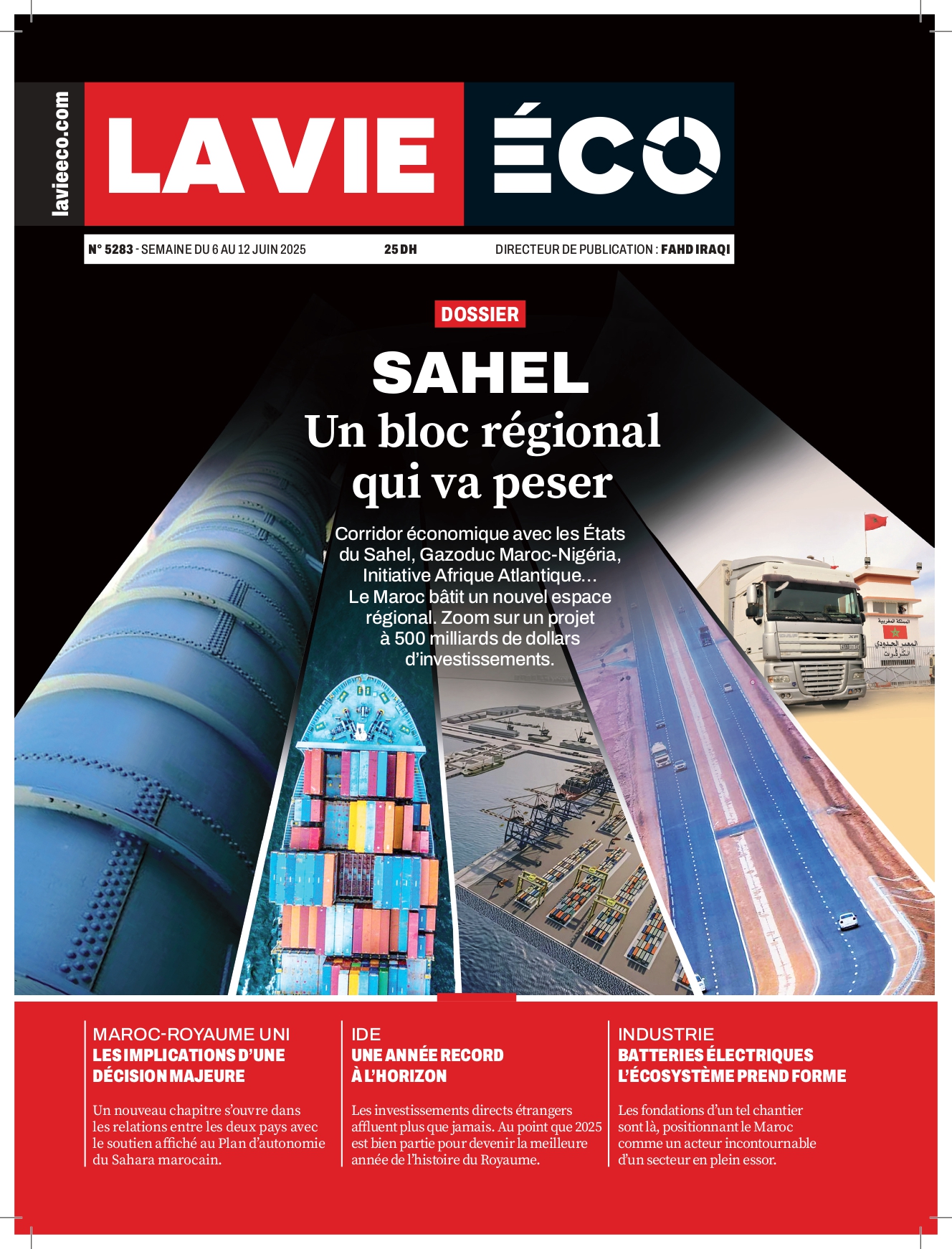Kingdom
Women’s Organizations within Political Parties: Between Present and History (1/2)
When addressing the “struggles” for women’s rights in Morocco, the discourse often frames the issue through the prism of “feminine associational activism.” Yet, even this “narrative” traces its foundational roots to certain political movements. This interplay persists through a form of “role complementarity,” where party structures and advocacy efforts intertwine. [Examples]
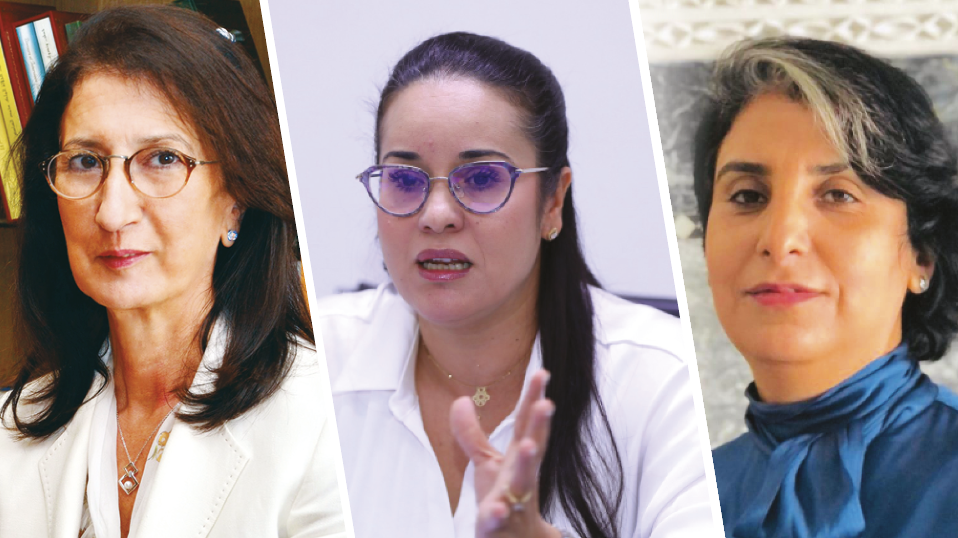
Amina Benkhadra | National Rally of Independents (RNI)
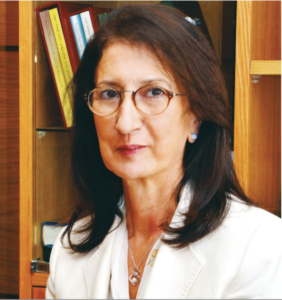
Established in 2017 amid the RNI’s organizational momentum, the National Federation of RNI Women, chaired by political bureau member Amina Benkhadra—a former minister and current Director General of Morocco’s National Office of Hydrocarbons and Mines (ONHYM)—stands out for several distinctive features. First, it spans all regions of the Kingdom, including a dedicated branch for Moroccan women abroad. Decentralization is key: each region operates under a regional coordinator, free from rigid central oversight.
Another hallmark is regional autonomy in crafting annual programs, finalized each December. The flagship event remains the “Women’s Summit,” typically held in March but postponed this year until after Ramadan. Regional branches also host roundtables, seminars, and debates on issues impacting women, culminating in policy recommendations submitted to the party’s leadership.
Beyond domestic efforts, the federation has expanded its reach internationally. A notable example is its September 2023 meeting in Marrakech with representatives from the European People’s Party’s women’s wing, underscoring its growing global engagement.
Quoloub Faitah | Party of Authenticity and Modernity (PAM)
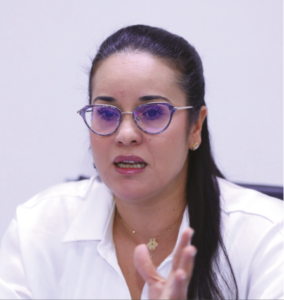
Like other women’s organizations within Moroccan political parties, members of PAM’s women’s wing have been actively touring the country in recent weeks. Their agenda includes open forums across nearly all regions of the Kingdom, coordinated by PAM’s regional women’s branches in partnership with the party’s regional secretariats—colloquially dubbed the “Tractor” party.
Unsurprisingly, the focus centers on proposed reforms to Morocco’s Family Code, framed by what members describe as the “need to counter allegations propagated by certain factions seeking to obstruct progress or societal evolution.” Allies of Quoloub Faitah emphasize an “explanatory approach highlighting proposed amendments.” This mirrors the strategy of the party itself, whose founding congress—chaired by Milouda Hazib—dates back to 2014.
From its inception, the PAM women’s organization has adhered to clear guiding principles. Over the years, it has remained steadfast to its original framework, maintaining alignment with the party’s vision while navigating evolving sociopolitical landscapes.
Hanane Rihab | Socialist Union of Popular Forces (USFP)

Following the 8th Congress of the Ittihadi Women’s Organization in October 2022, a new leadership took the reins. National Secretary Hanane Rihab and her team prioritize revitalizing the organization while expanding its reach across Morocco’s regions. Beyond advocating for reforms to the Moudawana (Morocco’s Family Code), recent initiatives have focused on launching new branches—”a strategy to expand its footprint across the political map.”
The organization’s trajectory mirrors that of the USFP itself. When tracing pivotal moments in its history, many point to foundational figures and early struggles that shaped its identity long before formal recognition. For instance, after the party’s emergency congress in 1975, four national meetings were held to strengthen the role of its women’s wing. It wasn’t until 2002, however, that the first official congress (retroactively labeled the 5th) took place. Subsequent congresses refined the group’s vision, culminating in 2013 with its 7th congress—a turning point where it was rebranded as the Socialist Organization of Ittihadi Women (OSFI).

